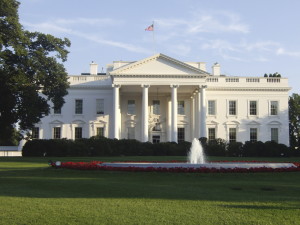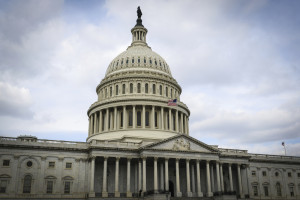Dr. Seuss, Amtrak, and Dentists at the Supreme Court
The Court’s decisions this term ranged from agencies’ regulatory interpretations to Congress’ power to delegate authority.
The Role of Political Parties in Helping Presidents Lead Government
Legal scholar examines how modern political parties help presidents oversee federal agencies.
Response to Disclosurites
The authors respond to RegBlog commentators and call for the end of “useless” disclosure requirements.
The Failed Reign of Mandated Disclosure
Recent book highlights flaws in mandatory information disclosure as consumer protection policy.
Is Mandatory Disclosure Helping Consumers?
The Regulatory Review features commentators on a recent book that questions whether mandatory disclosure is really working.
Reasons to Regulate When Benefits Can’t Be Quantified
CPSC considers costs of regulating corded window coverings, benefits to child safety.
PPR Launches Major Study of Business Regulation and Economic Inequality
Newly awarded grant will help scholars investigate the intersection of regulation and inequality.
Bringing Administrative Hearings to the People
Administrative Conference report recommends best practices for video conferencing by federal agencies.
Sue-and-Settle Bill Threatens a Delicate Equilibrium
Deadline suits may offer key opportunity to even the playing field in regulatory agenda-setting.
We Shouldn’t Dismiss “Sue and Settle” – or Other Regulatory Problems
Sue and settle tactics may influence agency behavior and rulemaking.
The Debate Over “Sue-and-Settle” Legislation
The Regulatory Review post sparks further debate over recent bill to curb negotiated agreements about rulemaking.
When Behavioral Science Meets Public Policy
Popularizer of nudges offers a short introduction to their use by government.












